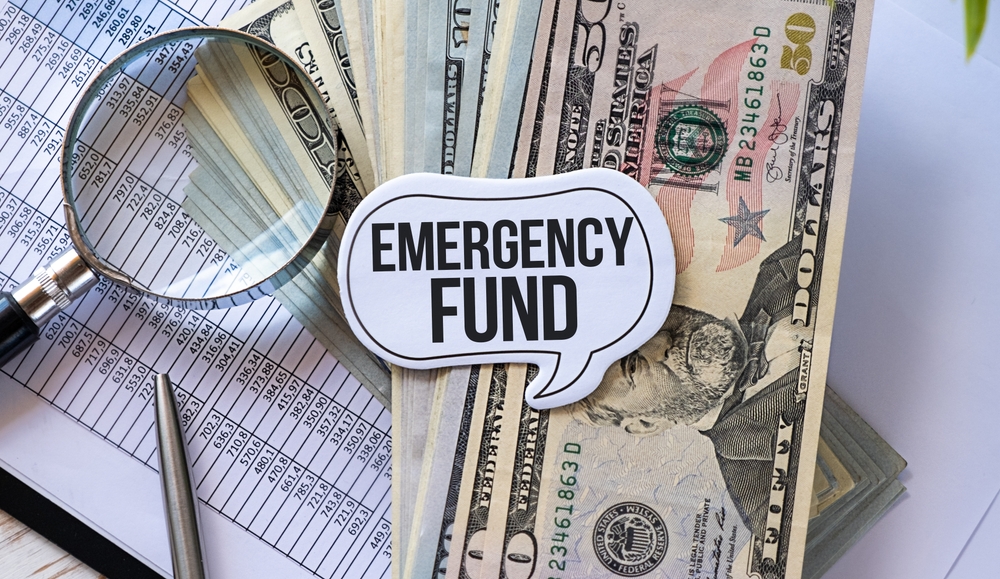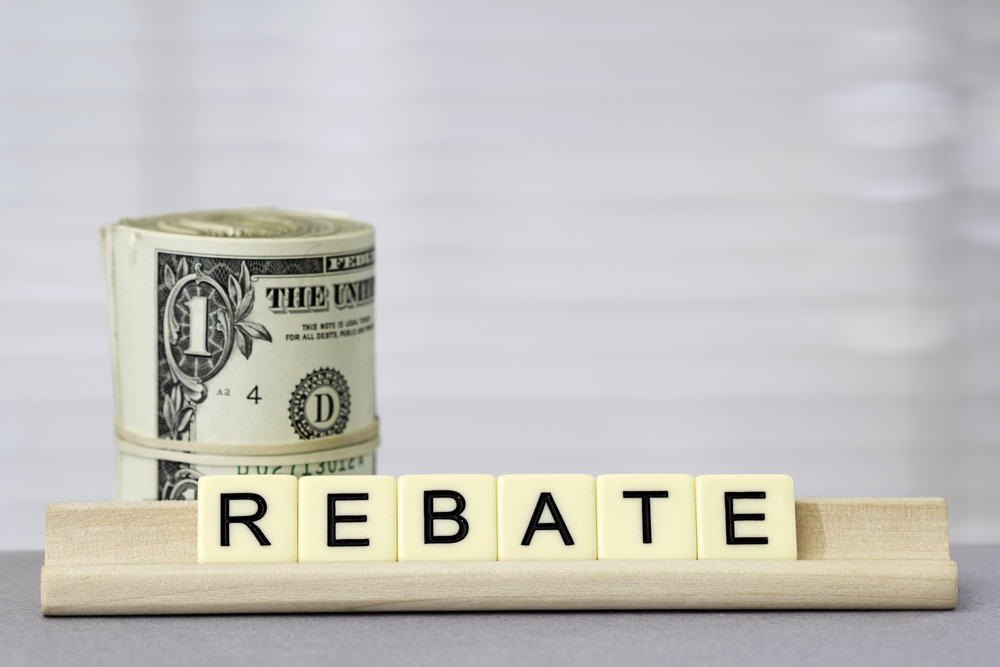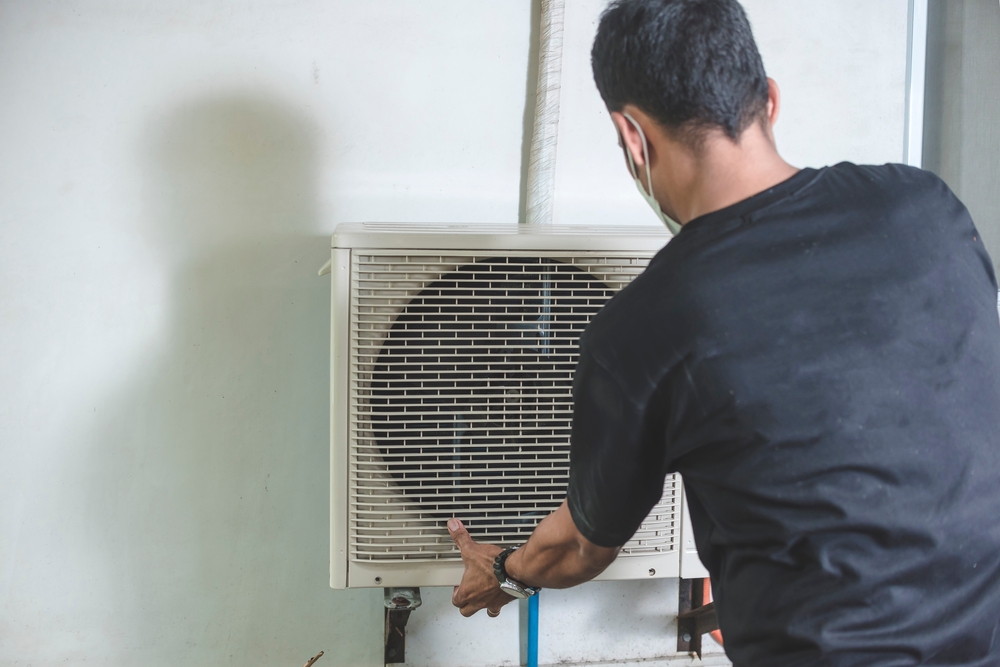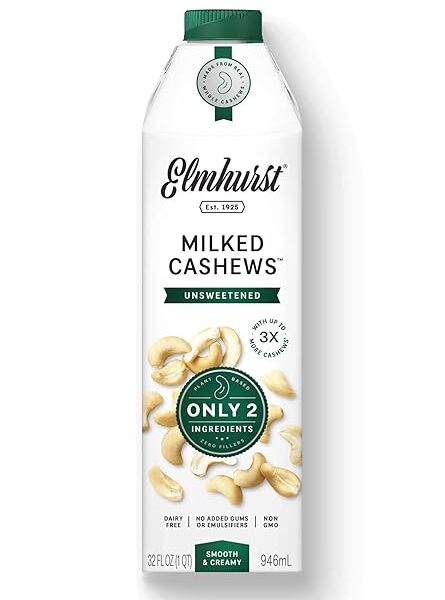So, we all try to save a buck here and there, right? But sometimes, trying to be too frugal can actually backfire. This article dives into some common money-saving habits that might seem smart at first glance but could end up costing you more in the long run. Let’s break down why these frugal habits aren’t always the wisest choices and explore some better alternatives to ensure you’re actually saving without losing out.
Contents
- 1 Canceling Your Gym Membership
- 2 Opting Out of Health Insurance
- 3 Not Going to the Dentist
- 4 Not Meeting with a Financial Advisor
- 5 Opting Out of Life Insurance
- 6 Not Creating a Will
- 7 Eating Fast Food
- 8 Keeping Your Car Too Long
- 9 Not Using a Water Filter
- 10 Flying a Budget Airline
- 11 Opting Out of the Extended Warranty on Your Smartphone
- 12 Not Filling Your Prescriptions
- 13 Not Having Car Insurance
- 14 Skipping Emergency Fund Contributions
- 15 Not Investing
- 16 Paying Your Mortgage Off Early
- 17 Buying a Cheap Mattress
- 18 Skipping Your Routine Oil Change
- 19 Using the Wrong Gas for Your Car
- 20 Buying an Ill-Fitting Suit Because It’s on Sale
- 21 Running Your Sneakers into the Ground
- 22 Not Contributing to Your 401(k)
- 23 Using Homemade Remedies When You’re Sick
- 24 Cutting Your Own Hair
- 25 Buying Something Just Because It’s on Sale
- 26 Factoring In a Rebate That You Won’t Actually Get
- 27 Applying for a Store Credit Card
- 28 Skipping Credit Card Payments
- 29 Staying at a Budget Motel
- 30 Not Leaving a Tip
- 31 Skipping Annual HVAC Checkups
- 32 Trying to DIY Everything
- 33 Making Your Own Laundry Detergent
- 34 Skipping Your Annual Physical
- 35 More From RetailShout
- 36 10 Gluten-Free Grains for a Nutrient Boost
- 37 Ditch These 15 Bad-Fat Foods for Lasting Weight Management
Canceling Your Gym Membership

Saving on a gym membership might seem like a quick win, but sacrificing exercise could lead to health issues over time. Being active boosts energy, strengthens muscles, and improves mental health. Without a gym, you may find it harder to follow a consistent fitness regimen. Instead, consider freezing the membership or switching to a cheaper gym to maintain your health.
Opting Out of Health Insurance

The monthly premiums for health insurance might feel burdensome, but lacking coverage could result in staggering costs after a medical emergency. A single unexpected illness or accident could lead to enormous bills without insurance. Even those in good health aren’t immune to unforeseen medical needs. Investing in health insurance is a small price to pay for peace of mind and protection against major expenses.
Not Going to the Dentist

Skipping dental appointments may save money temporarily, but it allows potential problems to go unnoticed until they require costly treatments. Regular cleanings prevent decay and help identify issues early. Dental care is an investment in your overall health, as poor oral health can be linked to more serious conditions. Treat your smile as part of your overall wellness.
Not Meeting with a Financial Advisor

It might seem unnecessary to pay someone for financial advice, but an advisor can help you identify sound investment strategies and savings plans. They offer guidance tailored to your goals, potentially saving you from costly mistakes. While the initial consultation fee may sting, the long-term benefits often outweigh this expense. Think of it as paying for clarity and financial security.
Opting Out of Life Insurance

Young and healthy individuals often underestimate the value of life insurance. However, if you have dependents, life insurance ensures your loved ones receive financial support in the event of your unexpected passing. Without it, your family could face significant financial challenges. Consider it an essential safety net that protects your family’s future.
Not Creating a Will

Avoiding the cost of drafting a will could lead to confusion and conflict among family members after you pass away. Without one, your assets might not be distributed according to your wishes. Creating a will is a straightforward process and ensures your loved ones are provided for as you intend. Even a basic will can make all the difference in protecting your estate.
Eating Fast Food

Fast food offers quick, affordable meals, but its low nutritional value can affect your health. Regular consumption has been linked to obesity, heart disease, and other chronic conditions. Preparing healthier meals at home might initially seem more expensive, but it provides more nutrients, improving long-term wellness. Choose wholesome, balanced diets over short-term savings.
Keeping Your Car Too Long

While holding onto an old car can save you money in the short term, the repairs and maintenance often outweigh its value. Frequent breakdowns can make commuting stressful and costly. Eventually, replacing an old vehicle with a reliable one is a better financial decision. Invest in a dependable car to avoid regular mechanic visits.
Not Using a Water Filter

Tap water may appear safe, but contaminants often sneak into the supply. Installing a water filter ensures cleaner drinking water and reduces exposure to harmful chemicals. It’s a small investment that promotes your health and saves you from buying bottled water. Prioritize your wellbeing by filtering your tap.
Flying a Budget Airline

Budget airlines may offer low fares, but hidden fees can add up quickly. Paying extra for seats, carry-ons, and amenities often makes the final cost more expensive than a traditional airline. Prioritize comfort and clear pricing over saving a few bucks up front. You deserve a stress-free travel experience.
Opting Out of the Extended Warranty on Your Smartphone

Extended warranties can be costly, but smartphones are fragile devices that often break unexpectedly. Repairing or replacing them without a warranty can be expensive. With coverage like AppleCare or Samsung Premium Care, you’re protected against accidental damage, offering peace of mind for frequent phone users.
Not Filling Your Prescriptions

Skipping a prescribed medication refill to save money risks worsening your health. Ignoring a doctor’s orders can lead to complications that require even more costly treatments down the road. Treat your prescriptions as crucial for maintaining your well-being. Adhering to your prescribed regimen is a smart, long-term investment.
Not Having Car Insurance

Some states don’t require car insurance, but going without it is risky. Accidents can lead to substantial repair bills and medical costs, which uninsured drivers must cover out-of-pocket. A policy offers crucial protection for both yourself and others. Drive responsibly and legally with sufficient insurance.
Skipping Emergency Fund Contributions

Building an emergency fund might seem unnecessary when finances are tight, but it’s crucial for covering unexpected expenses. Without savings, unexpected repairs, job loss, or medical bills can lead to debt. A well-funded emergency account protects you against life’s surprises, providing a financial cushion.
Not Investing

Some fear investment risks, but avoiding them altogether means missing out on potential returns. Diversified portfolios or certificates of deposit offer lower-risk investment options. A long-term, carefully planned investment strategy can secure your financial future. Don’t let fear of losses prevent you from making your money grow.
Paying Your Mortgage Off Early

Prepaying a mortgage can save on interest, but some lenders impose prepayment penalties that add up quickly. You may also lose valuable tax deductions. Before making extra payments, confirm there aren’t hidden fees that negate any savings. Speak to a financial advisor for a comprehensive strategy.
Buying a Cheap Mattress

A comfortable mattress is essential for restorative sleep, which impacts overall health and productivity. Low-quality mattresses often lead to discomfort and back pain, with shorter lifespans that require frequent replacement. Invest in a supportive mattress that promotes good sleep and reduces the risk of chronic discomfort.
Skipping Your Routine Oil Change

Delaying oil changes might save a few bucks but often leads to costly engine damage. Routine oil changes are essential for engine health and fuel efficiency. Skipping them could mean paying for major repairs or replacing the engine entirely. Stay proactive to ensure your car runs smoothly.
Using the Wrong Gas for Your Car

Using regular gas instead of premium to save money can reduce your car’s performance and fuel efficiency. Premium cars require specific fuel types to function optimally. In the long run, incorrect fuel could result in more frequent fill-ups and potential engine issues. Follow the manufacturer’s recommendations to keep your car running efficiently.
Buying an Ill-Fitting Suit Because It’s on Sale

An ill-fitting suit, no matter the discount, can leave a poor impression at job interviews or important meetings. It may require tailoring, adding to the overall cost. Investing in a well-fitting suit ensures you look professional and confident. Choose quality over immediate savings for the best impression.
Running Your Sneakers into the Ground

While running shoes can be expensive, using worn-out sneakers could lead to injury. Proper footwear provides support and minimizes impact during exercise. Continuing with old sneakers can cause strain on your feet and joints. Replace your shoes regularly to stay active and injury-free.
Not Contributing to Your 401(k)

Skipping 401(k) contributions is essentially leaving money on the table, especially if your employer offers a match. The long-term growth potential far outweighs the short-term loss in your paycheck. Even small contributions compound over time, helping you build a secure retirement. Invest in your future by contributing consistently.
Using Homemade Remedies When You’re Sick

Home remedies might temporarily alleviate discomfort but often aren’t enough for serious conditions. Severe infections or persistent symptoms require professional medical attention. Relying solely on home treatments could worsen your condition. See a doctor for proper treatment when you need it.
Cutting Your Own Hair

While haircuts are expensive, attempting a DIY trim can easily go wrong, leading to uneven results or needing to shave everything off. A poor cut takes time to grow out and could require a salon visit to fix. Visit a professional stylist for a polished, flattering look.
Buying Something Just Because It’s on Sale

A significant discount is only valuable if the item fulfills a genuine need. Purchasing things impulsively due to markdowns adds unnecessary expenses. Assess whether you really need the item before grabbing a “deal.” Resist impulse buys to keep your finances in check.
Factoring In a Rebate That You Won’t Actually Get

Rebates are enticing, but many don’t follow through with the forms or requirements to redeem them. Treating the rebate as a guaranteed discount often leads to disappointment. Choose an item that meets your needs without relying on a rebate. Focus on upfront savings instead.
Applying for a Store Credit Card

Store credit cards come with attractive discounts but notoriously high-interest rates. Failure to pay off the balance quickly can result in interest charges that negate the initial savings. Stick to your current credit cards or cash to avoid unnecessary debt.
Skipping Credit Card Payments

Missing a credit card payment leads to late fees, higher interest rates, and potential hits to your credit score. These setbacks can make borrowing more difficult and expensive in the future. Prioritize paying at least the minimum due on time to protect your credit and avoid penalties.
Staying at a Budget Motel

Low-cost motels can be uncomfortable and lack safety and cleanliness standards. They may have poor beds, pests, or unpleasant odors, impacting your travel experience. Plan ahead for quality lodging that offers value and peace of mind rather than cheap accommodations.
Not Leaving a Tip

Service workers often rely heavily on tips to supplement their income. Withholding tips hurts their earnings and could impact the quality of service they provide. Recognize their hard work and make tipping a habit to support those who help make your day better.
Skipping Annual HVAC Checkups

Annual HVAC maintenance prevents breakdowns and extends the system’s life. Skipping these checkups increases the risk of unexpected and expensive repairs, possibly leaving you without heating or cooling when needed most. Schedule regular service to ensure your home remains comfortable year-round.
Trying to DIY Everything

Some DIY projects can save money, but tackling complex repairs without expertise could cause damage or safety issues. Incorrect plumbing or electrical work can lead to floods or fires. Leave major repairs to professionals for quality and safety, while focusing on simpler DIY tasks.
Making Your Own Laundry Detergent

Homemade detergents may seem like a cost-effective solution, but they often lack the cleaning power of commercial products. They could even damage fabrics over time. Stick to trusted brands that are proven to clean your clothes effectively and efficiently.
Skipping Your Annual Physical

Preventive healthcare catches health problems early before they become severe and costly. Annual physicals help you maintain good health and identify potential issues before they escalate. Ignoring them could result in complications that require more expensive treatment.
This article originally appeared on RetailShout
More From RetailShout
13 Tips for Quick and Healthy Weekday Meals

We all know how hectic weekdays can get, and trying to eat healthy during the chaos can feel impossible. But with a bit of planning and some smart strategies, you can stay on track with your nutrition goals. Read More.
10 Gluten-Free Grains for a Nutrient Boost

Switching to gluten-free grains can be a great way to diversify your diet and boost your nutrition. There are plenty of delicious and nutritious grains that are naturally gluten-free and can easily fit into your diet. Read More.
Ditch These 15 Bad-Fat Foods for Lasting Weight Management

We all know that losing weight can be a challenge, especially when some of our favorite foods are packed with unhealthy fats that hinder our progress. It’s not just about cutting calories; it’s about making smarter choices that benefit our overall health. Read More.






